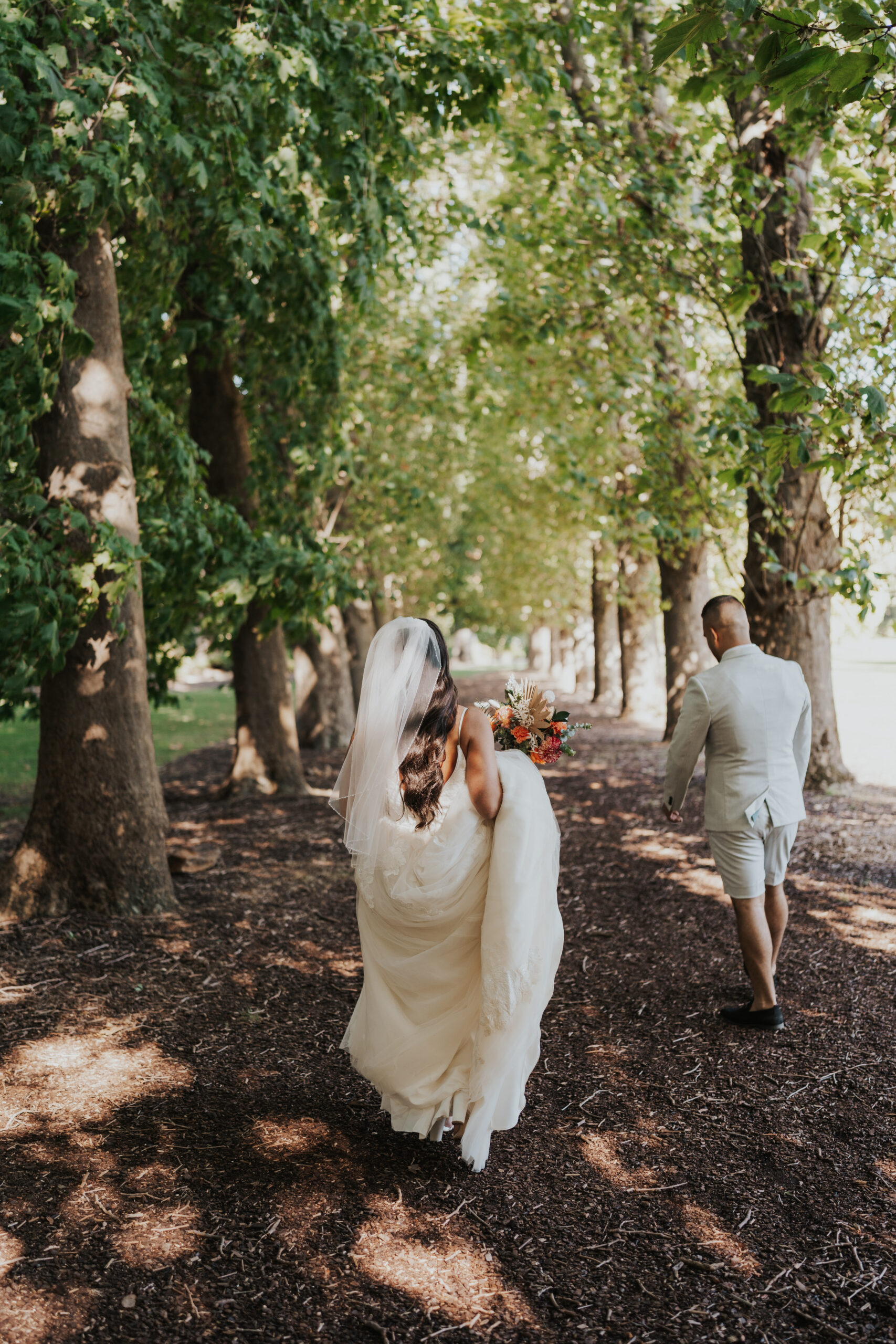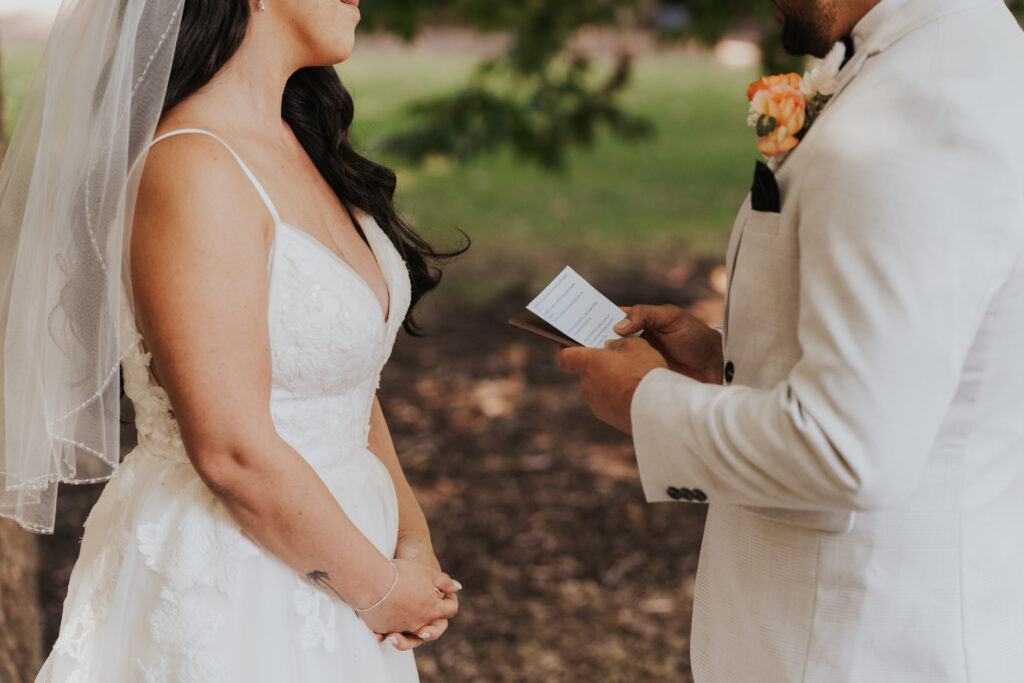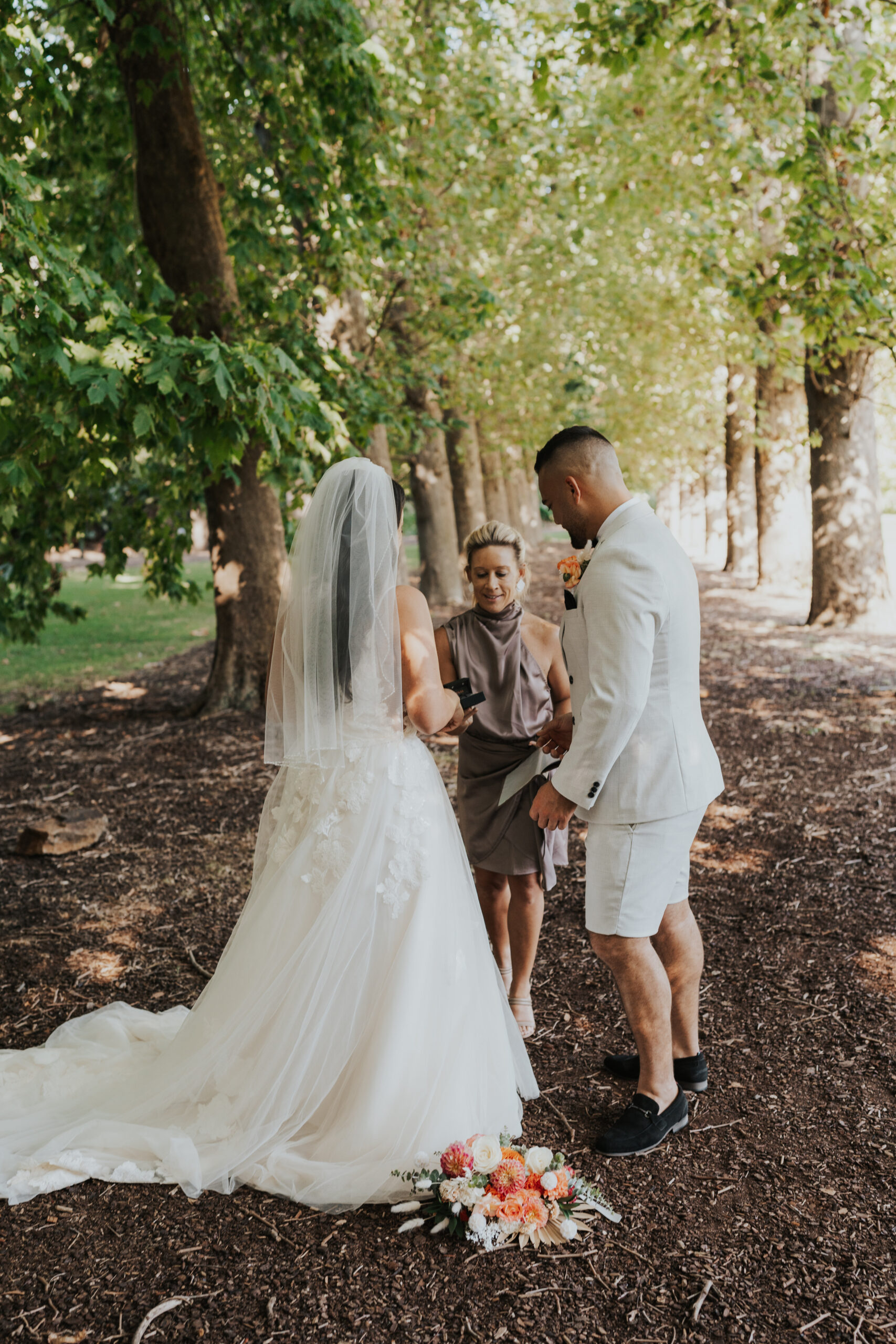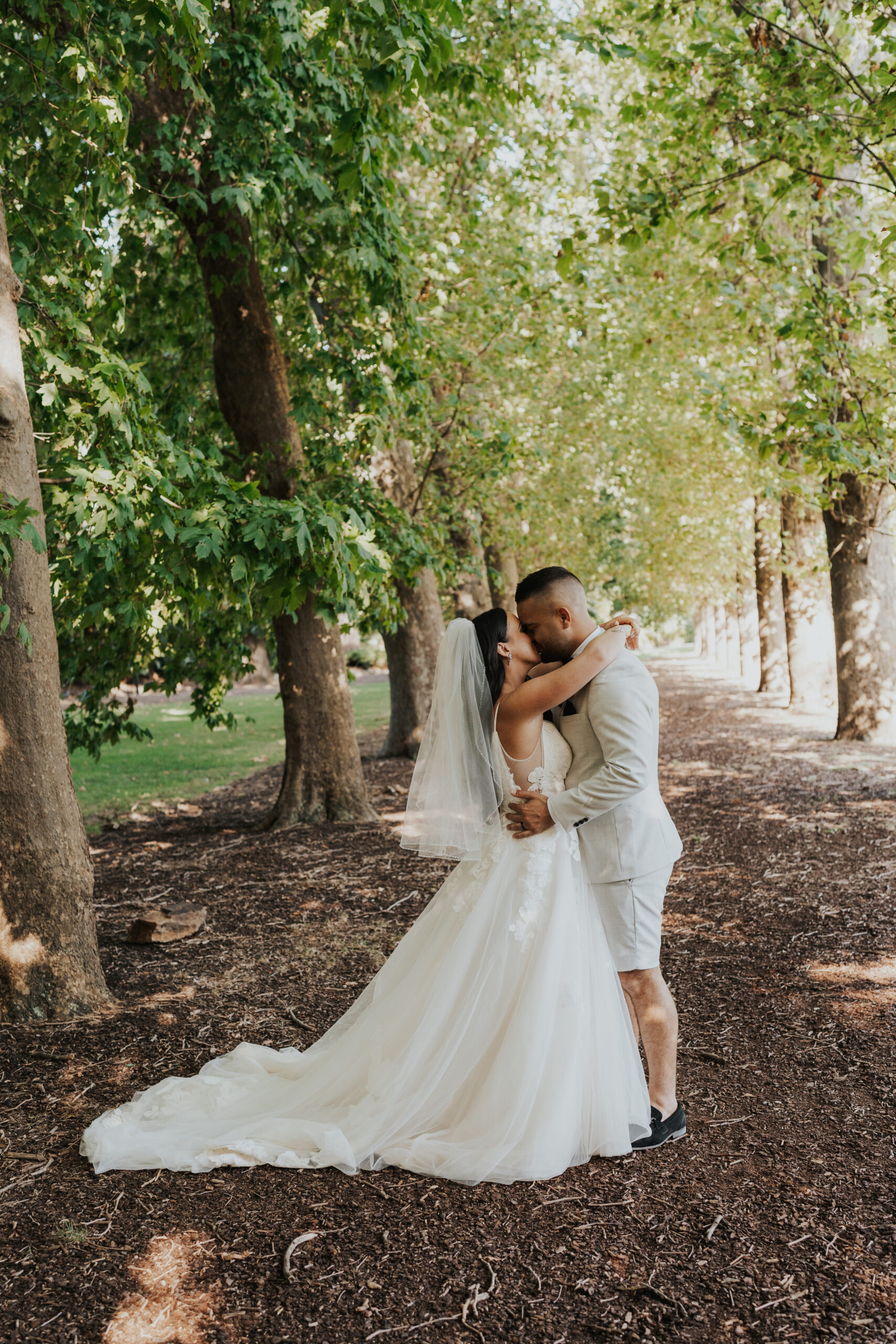Eloping is undoubtedly one of the most beautiful ways to tie the knot. By eloping, you are able to cherish the complete essence of your love without any external stresses or the weight of traditional wedding planning.
Additionally, the charm of eloping lies in the ability to select a place that holds a special place in your heart or one that you have always envisioned for your nuptials. If you happen to choose a foreign location, you may be curious about the legal formalities involved in getting married there.
Though it may appear to be a daunting task, eloping overseas is not as difficult as it may seem! Read on for some key pieces of information to consider when contemplating a legal ceremony in a foreign country.
1. Choose Your Location
If you’re considering eloping to a foreign destination but haven’t yet decided on a location, this is a great opportunity to do so! This can be a challenging decision to make as there are endless options available. However, it’s important to take into account your shared personalities, any meaningful locations, or a dream destination you both may have. Additionally, factors such as the season, weather, and budget should also be considered.

2. Do Your Research
Before finalizing your elopement plans in a particular country, it’s crucial to research the legal requirements and marriage laws of your desired destination. These laws can differ from country to country, with some being more stringent than others. It’s essential to have a clear understanding of any additional requirements that you might need to fulfil.
You can easily access this information through the embassy or consulate website of your preferred country. Moreover, many online resources are available from experienced vendors and other elopement couples who can offer valuable insights and guidance in the area.

3. Obtain Any Required Documentation
Before tying the knot, it’s crucial to have all your legal documentation in order. This includes essential documents like passports, photo IDs, and birth certificates, as well as a notice of intended marriage. It’s vital to ensure that all your paperwork is up-to-date and well-organized to avoid any last-minute surprises, such as an expired passport. (You best believe I’ve triple-checked our passports before our very own elopement in July!)
Furthermore, depending on the country you’ve chosen for your elopement, additional documentation might be necessary. Therefore, it’s imperative to carefully check all the requirements to avoid any inconvenience or delay.

4. Find a Celebrant
To obtain accurate information and valuable assistance in planning your elopement, consider hiring a celebrant who practices in your desired location. A local celebrant can offer extensive knowledge of the area and legal requirements, making the process smoother and stress-free. They can also help you plan the ceremony and overcome any language barriers that may arise.
By engaging a celebrant in the country of your choice, you can minimize the stress associated with overseas elopements. They can take care of all the ceremony details and provide support throughout the process, allowing you to focus on other crucial aspects of your elopement.
If you’re seeking more inspiration for your elopement ceremony, feel free to visit our blog post here for additional ideas!

5. Consult Your Photographer
If you have a photographer and/or videographer for your elopement, they can also be a valuable resource for any questions or concerns you may have. Photographers who specialize in destination weddings and elopements have a wealth of experience in managing the unique challenges that come with organizing weddings in different locations.
Therefore, you can direct your concerns to your photographer or videographer, and they can offer you valuable insights and guidance in handling the specific issues related to travelling to a new place for your elopement. Their expertise can be beneficial in making your elopement planning experience smooth and successful.

6. Register Your Marriage
If you’re taking care of the legal formalities of your elopement overseas, it’s essential to register your marriage with the appropriate authorities once you’ve returned home. This is necessary to ensure that your marriage is legally recognized in your home country.
In case your marriage certificate from your international elopement is in a different language, it’s crucial to have it translated into your home language. After registering your marriage, it’s vital to update all your legal documents to reflect your new marital status. Woohoo!

Although the legal formalities of eloping overseas may appear intimidating, it’s important to know that you don’t have to go through the process alone. By conducting thorough research and seeking guidance from various vendors and experts, you can plan a meaningful and unforgettable elopement experience for you and your partner! One that you’ll be able to cherish for a lifetime.
If you have any doubts or uncertainties about elopement, check out this post, where we dispel some of the common elopement myths and emphasize the beauty of this intimate wedding style!
Author:
May 7, 2023

[…] for more information regarding the legal side of getting married overseas, check out our blog here.It’s also important to know whether your specific location requires any permission to hold your […]